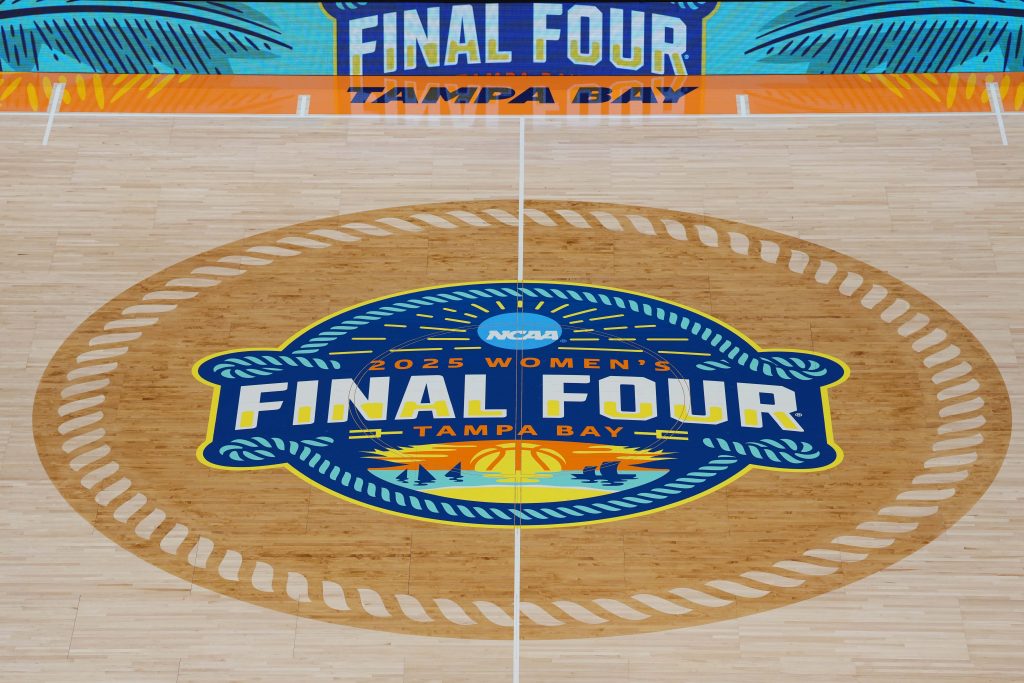Months after NCAA president Charlie Baker advocated for a prohibition on college sports gambling, the NCAA has decided to sell its gambling data to sportsbooks via Genius Sports, as reported by Sportico.
This agreement, announced on Friday, grants Genius Sports the rights to sell live data from every NCAA championship sport until 2032, extending an existing partnership between the two. The financial details of this arrangement have not been disclosed.
The agreement includes marquee events, such as the men’s and women’s basketball March Madness tournaments, but does not cover regular-season games or College Football Playoff matches.
Unlike professional leagues, the NCAA has traditionally distanced itself from gambling organizations. Although the NCAA and Genius Sports have collaborated since 2018, there has been no promotion of gambling companies at NCAA events.
Just four months prior, Baker addressed the Senate requesting tighter regulations on sports betting due to security concerns. He claimed that around 12% of abusive comments athletes receive on social media come from dissatisfied bettors, citing incidents where the NCAA had to enhance security due to threats made by gamblers.
“The rise of sports betting poses significant integrity risks and can lead to harassment of both student and professional athletes. The NCAA is actively collaborating with states to manage these threats, with many responding by prohibiting college prop bets,” the NCAA noted in a statement.
The Challenge of Prop Bets in NCAA Gambling
The primary gambling concerns for the NCAA revolve around player prop bets. With thousands of athletes in competition, ensuring the integrity of the game can be challenging, especially given that many student-athletes earn limited incomes.
Similar issues have arisen in the NBA; for example, Jontay Porter faced a ban for participating in a scheme to manipulate prop betting by underperforming deliberately. In this context, the deal with Genius Sports might help the NCAA exert better control over college sports betting. Under this new agreement, sportsbooks are expected to limit “high-risk bets,” thus reducing the types of prop bets available to the public and minimizing potential issues related to game-fixing.



